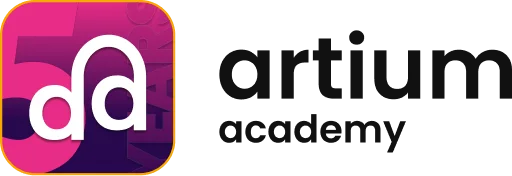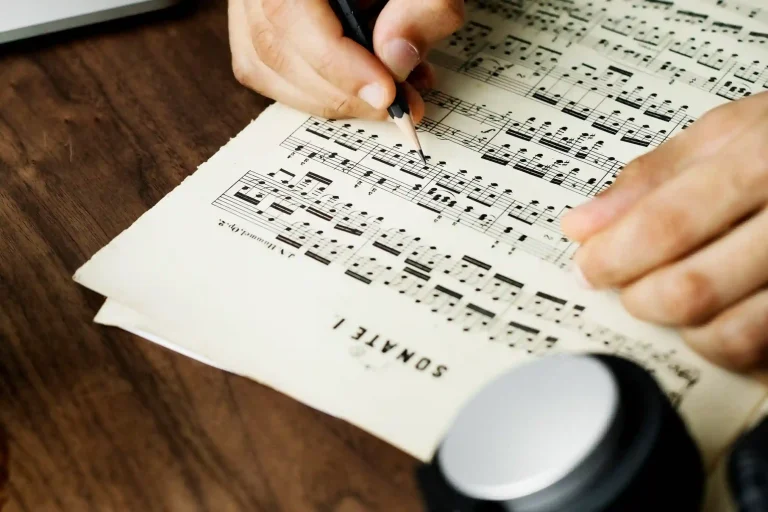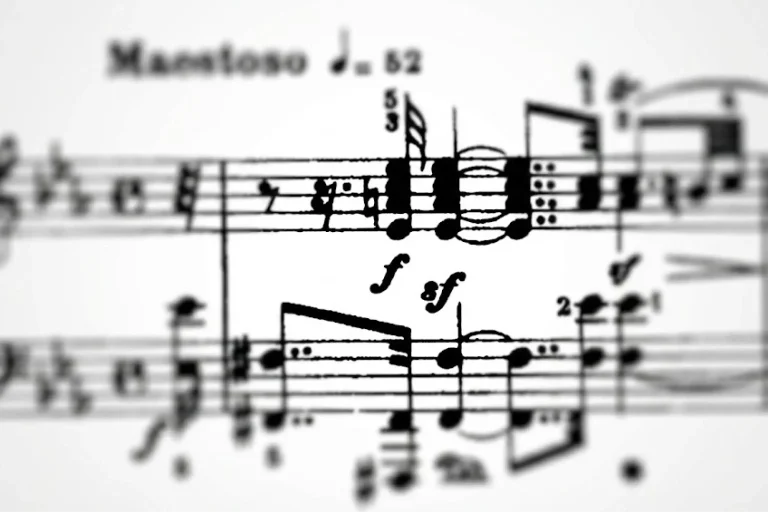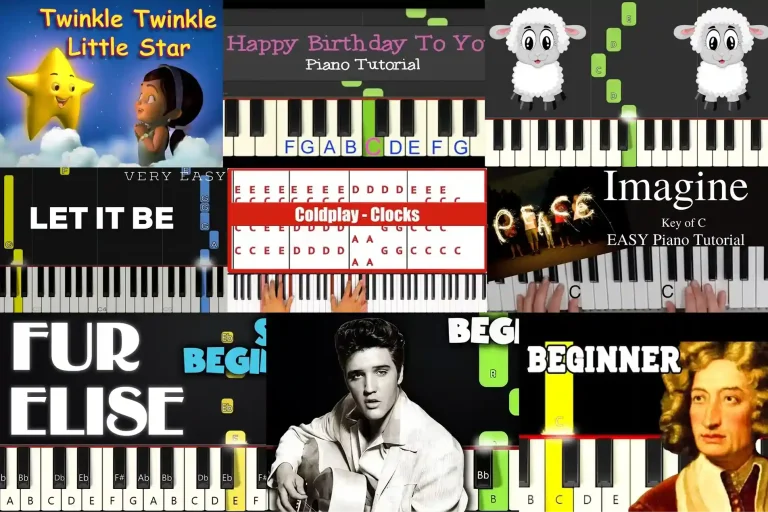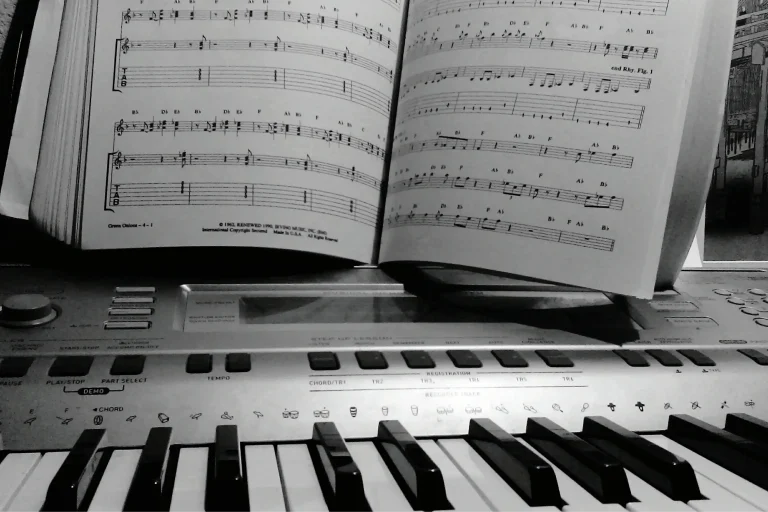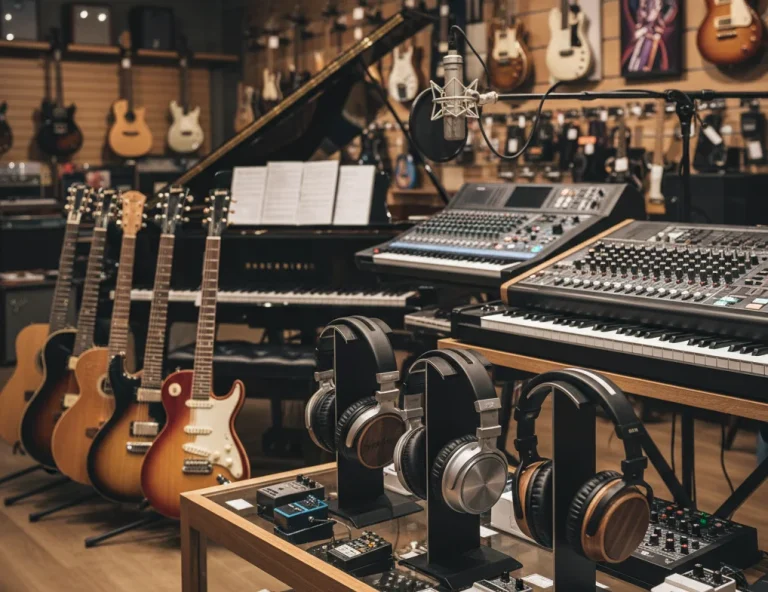All Topics
- Alchemizing Music Concepts for Students
- Artist Spotlight
- artium gift card
- Artium Maestros
- Artium News
- buying guide
- Carnatic Music
- Devotional Music
- Editorials by Ananth Vaidyanathan
- Film Music
- Guitar
- Hindustani Classical Music
- Indian Classical Music
- Indian Folk Music
- Insights
- Instruments
- Karaoke Singing
- Keyboard
- Kids Music
- maestros
- Music Education
- Music for Kids
- Music Industry
- Music Instruments
- Music Legends
- Music Theory
- Music Therapy
- Piano
- piano guide
- Success Stories
- Tamil Film Music
- Telugu Film Music
- Time Theory
- Tools
- Uncategorized
- Vocal Singing
- Vocals
- western classical music
- western music
- Western vocal music
How to Choose Piano Books for Beginners?
How to Choose Piano Books for Beginners?
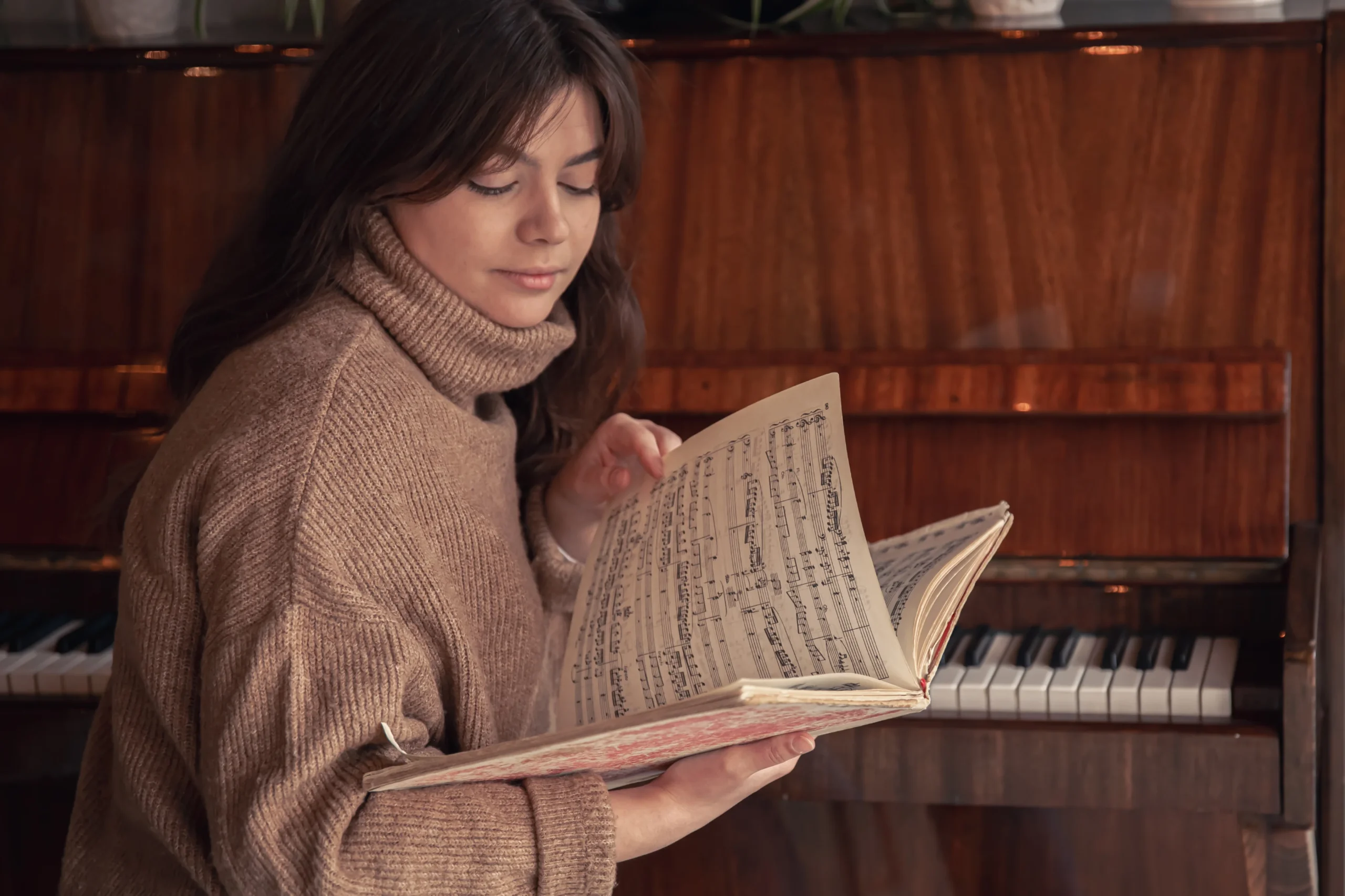
Table of Contents
If you find yourself reading this, the chances are that either you or someone you know is interested in learning piano. And probably ready to begin a musical journey with the piano.
The chances are that you are a curious parent, an adult looking to rekindle an old passion, or a new piano lover with a passion for learning.
If you fall into any of these categories, one common question that you may have is: How do you choose piano books for beginners?
So, it doesn’t matter if you sign up for online piano classes or just want to learn on your own; the correct piano book for beginners can help you. You need something good, suits your goals, age, and learning style – and let’s be honest, something that keeps you inspired to come back to the keys.
Let’s break it down together, step by step. We’ll keep it friendly, simple, and packed with valuable tips—just like a great teacher would.
Why Picking the Right Piano Book Matters?
Learning the piano is one of the best activities you can do. It should spark joy and not create frustration. Finding the right piano books for beginners will help you lay a strong foundation for everything that you will play later.
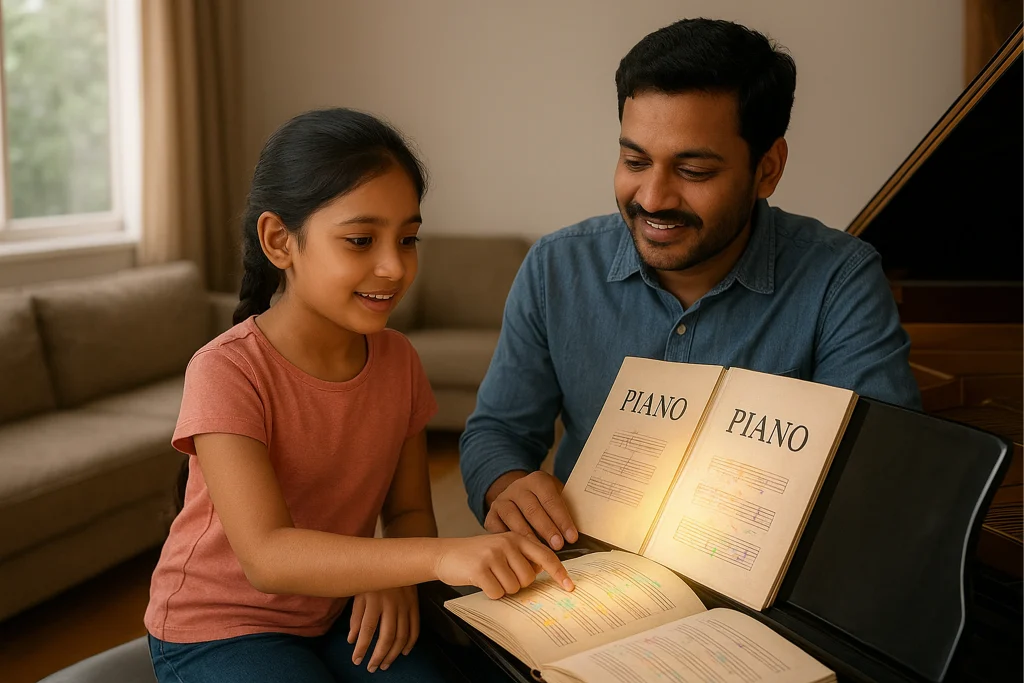
- Piano music books lead you through a step-by-step development of skills. This will ensure you never feel lost.
- Good piano lesson books help simplify challenging concepts and build confidence from the very first day.
- The best piano books for beginners can help you get rid of bad habits and confusion that slow your progress. Instead, it teaches techniques to keep you on track.
- Piano theory books demonstrate that reading music and playing songs can be both enjoyable and rewarding.
- The right book has the power to make practice feel like play, rather than a chore.
Understanding the Learner: Essentials for Educators
Now, this choice matters a lot when it comes to learning the piano. Just imagine attending a school with no curriculum, it’d be chaotic, right? That is why your first piano starter book is crucial.
Now, if you are planning on starting your piano lessons, the chances are you’ll find yourself browsing through an endless list of piano books for beginners. Now, before you surf for any more information, you need to ask yourself a few simple questions:
Who is the learner?
- Is it an adult or a child?
- Do they have any musical background? Are they complete beginners, or maybe they have some experience on another instrument?
- What are their hobbies? Are they just pursuing a hobby, or acing music exams, or is their goal just to have fun with music?
Now, let us break down these factors to gain a better understanding of them. These factors matter when deciding which book is the best to learn piano.
For example, children or young kids learning piano find it easier to learn with colorful illustrations, simple notation, and playful songs. Something like “Twinkle, Twinkle”, and not Beethoven Sonatas. These books may not be ideal for older teens and adults. They may look for piano books for adult beginners, as they will offer clear, proper instructions and material suitable for a mature audience (e.g, pop songs, jazz, or simplified classical pieces).
If you are a learner with zero to no experience in music, you should start with books that explain reading notes, rhythm, and hand coordination. For those switching from, say, guitar, they may move faster.
Key Features to Look for in Beginner Piano Books
A good piano book for beginners will teach you more than notes on a page. It will include everything you need to make your music learning journey smoother. It will include –
- Progressive Structure – A good piano sheet book will help you learn gradually. Every lesson will naturally build upon the last, so you never miss or feel overwhelmed while learning.
- Notation & Visuals – For adults, it is beneficial to have proper instructions and precise techniques in the book. In piano books for kids, look for extensive notes, easy-to-read fonts, and vibrant graphics.
- Fingering and Hand Position Guidance – Paying attention to finer details helps. Look for books with diagrams that show which finger is used to play different notes. This will help in preventing mistakes.
- Engaging Songs and Exercises – Some say that scales are boring to learn and play. But that’s not the fact. Look for books with songs you recognize, and play new ones that spark your interest.
- Balanced Piano Theory – The best piano theory books are those that help in breaking down the complex topics easily and understandably. This helps enhance your playing style, rather than just memorizing it.
- Audio or Online Support – Many modern piano lesson books—especially for those in online piano lessons—come with audio tracks, interactive exercises, or access codes for digital content. Listening is learning!
- Practice Schedules and Tips – Some books help you plan your practice or offer encouragement along the way, keeping you motivated.
To ensure you find the right piano books for beginners, do the following and make your checklist:
- Is the language easy to comprehend? Is it simple and free of jargon?
- Are there enough exercises to ensure you have a solid understanding of the concept before moving on?
- Is improvisation or creativity encouraged?
- Are there enough playful elements to keep kids interested, or real-world tips to add value to the adults who are learning?
5 Types of Piano Books for Beginners
Understand that not all piano books are the same. There are various types of books available. Therefore, it is essential to select those that align with your style or goals.
Here’s a quick guide to help you –
Method Books
Method books are the holy grail of the piano learning journey of any aspirant. Books like Alfred’s Basic Piano Library, Faber & Faber Piano Adventures, or Bastien Piano Basics are the most preferred and highly recommended books globally. These books take learners from the basics of technique, sight-reading, and music theory.
- Ideal for – It is perfect for both total beginners and adults, including kids learning music.
- Pros – It progresses step-by-step, includes a lot of visuals, and often includes songs you may know.
- Cons – If you have prior learning experience or are a quick learner, then you may find these slow.
Songbooks for Beginners
These books include songs and you will be playing them from the get-go. Think of it like playing “easy pop songs for piano” or “first 50 classical pieces”. They are great for motivation.
- Ideal for – These books are perfect for adults looking for a fun portfolio, kids wanting to play their favourite songs, or hobbyists.
- Pros – Learning from these piano books for beginners will get you instant gratification and will broaden your repertoire.
- Cons – These books may skip some relevant techniques. So, always use it in combination with a method book.
Technique & Exercise Books
Want to get better with your finger strength and dexterity? Then get piano theory books like Hannon for beginners or Czerny’s, which teach technique and exercises.
- Ideal for – Students looking to improve their skills quickly or supplement a method book
- Pros – Helps in building confident hands and encourages daily practice
- Cons – May come across as repetitive; it’s recommended to use this along with guidance from a teacher or pair it with song books.
Theory Workbooks
These validate music reading, rhythm, and basic harmony with written exercises. Many method book series offer a matching piano theory book.
- Ideal for – Learners who want to explore more than just playing notes.
- Pros – Deepens knowledge, improves reading skills.
- Cons – It is not always fun; recommend mixing with lots of playtime.
Jazz Piano Books and Piano Chord Books
If you’re keen on jazz or popular music, a Jazz Piano Book or a chord-centric piano book helps you play by ear, improvise, and understand modern harmony.
- Ideal for – Teens and adults interested in jazz or popular music who want to develop improvisation and modern harmony skills.
- Pros – Helps build practical jazz theory knowledge, improvisation ability, and creative expression with real-world applications.
- Cons – Can be challenging for absolute beginners, less structured, and may focus more on theory than classical sight-reading.
Best-Selling and Teacher-Recommended Beginner Piano Books
Since there are so many options to choose from, it helps to have a shortlist of books to learn from. Here are some good recommendations of learn to play piano books for beginners, tailored to different ages and styles –
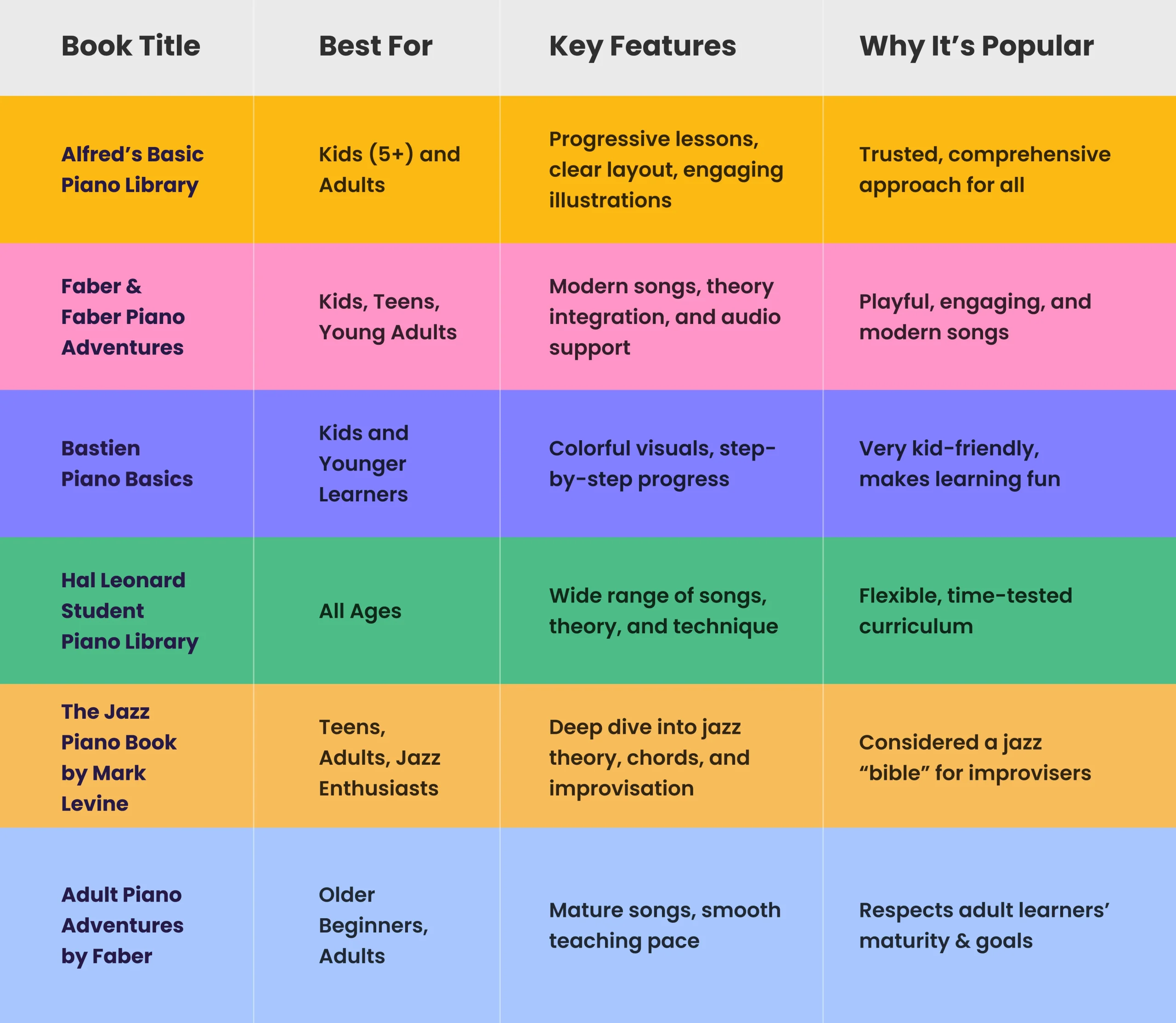
In the end, remember to consider the age, interest, and motivation of the learners, because even the best piano books for beginners depend on the person who’s learning.
Digital Vs. Physical Piano Books: What’s Right For You?
The growing popularity of online music lessons has made digital piano books quite famous among learners. Likewise, some learners still prefer to learn it the old-fashioned way, via physical piano books.
That being said, here are a couple of advantages of both to help you make a decision –
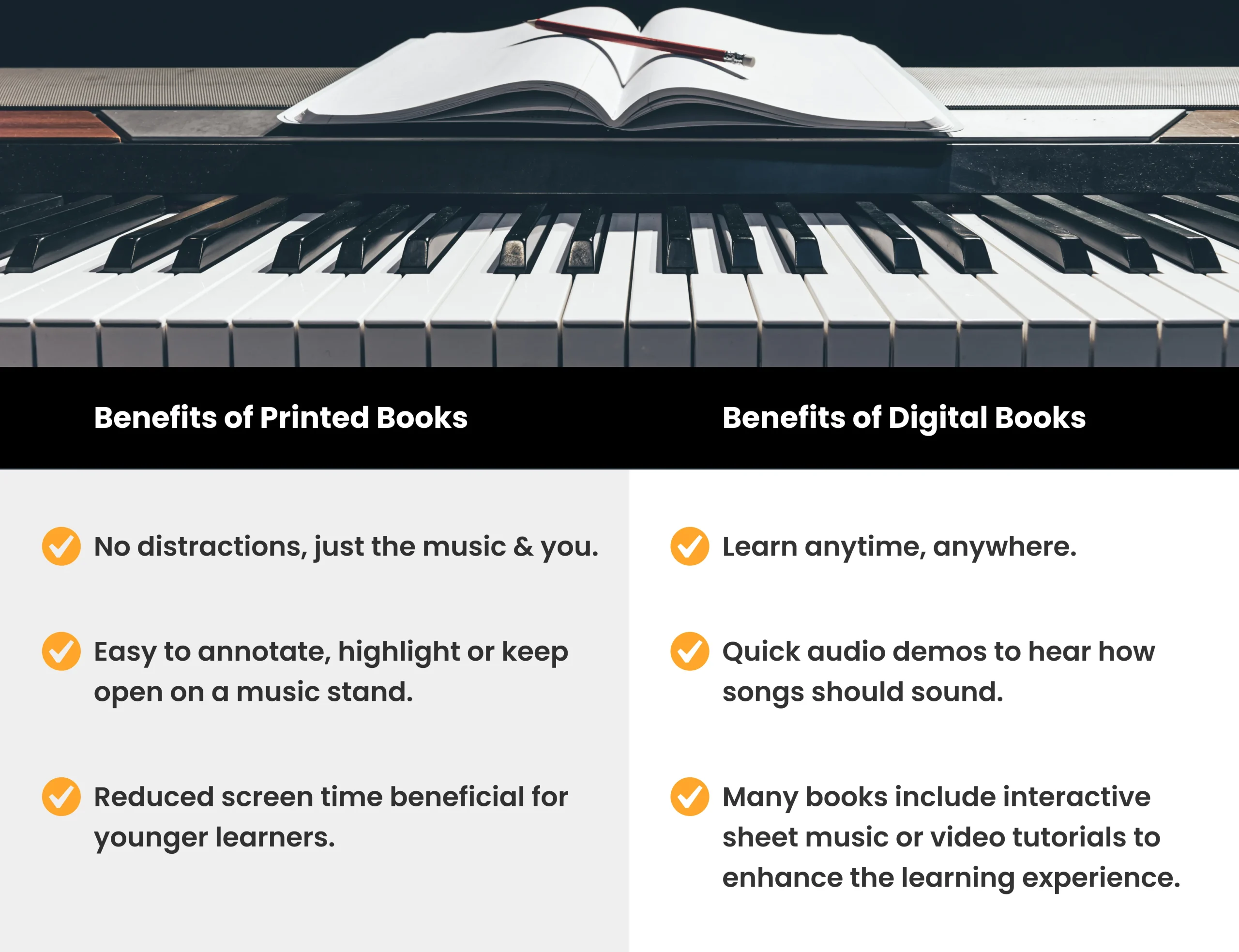
Tip – Various online music classes, as well as top music institutes, offer both printed and digital books. If you learn best with audio-visual support, a digital piano sheet or an app can be a valuable complement to traditional learning methods.
How Piano Books Fit into Online Piano Learning?
Learning from a piano book is just the start. Today, the best online piano classes use these books hand-in-hand with interactive lessons:
- Your teacher might assign exercises from a piano chord book or help you master a challenging song from your piano sheet book.
- Many piano lesson books now include online support, such as QR codes, play-along tracks, or access to video explanations.
- Online music lessons make it easier to learn at your own pace, revisit tough topics, and explore genres like jazz, pop, or classical—sometimes in just one lesson!
If you’re learning piano online, check if your lesson platform recommends specific beginner books or provides Piano book PDFs for them. The best programs blend hands-on learning from a great book with personalized video instruction for maximum growth.
Tips to Get the Most Out of Any Beginner Piano Book
Now you’ve got your book—how do you make the most of it?
- Set a regular practice schedule: A little every day works wonders.
- Don’t rush! Master each skill before moving to the next page.
- Combine your piano starter book with interactive resources or online piano lessons to stay motivated and engaged.
- Record yourself to track progress and identify areas for improvement.
- Play for family or friends to build confidence.
- If you get stuck, ask for help—online communities, teachers, or even YouTube can be great resources.
- Remember, everyone learns at their own pace, and music is a journey. Celebrate small wins every week.
Final Thoughts: Your Musical Path Begins Here
Choosing your beginner piano book is more than just picking up pages; it’s about opening the first door into music. Whether you dream of classical sonatas, jazz improvisation, or just having fun with favorite melodies, the right piano book for beginners sets you on the right path. Combine your book with enthusiastic learning, a curious heart, and consistent practice, and the piano will soon feel like home.
And when you’re ready for a more guided, inspiring journey, remember that Artium Academy is here to help. As a premier online music education platform, we offer piano lessons for kids and adults, as well as online music classes recognized worldwide, and a curriculum curated by Grammy nominee and “Godfather of Jazz in India,” Louiz Banks. With our expert teachers, globally recognized certifications, and dedication to making music fun for everyone, your dreams are more than welcome here.
Let’s make music, one note at a time. Book a free trial today!
Happy playing.
FAQs on Piano Books for Beginners
It depends on your age, skill level, and interests. The most popular piano books for kids include Alfred’s Basic Piano Library and Faber’s Piano Adventures. For adults, we recommend the Adult Piano Adventures series or chord-based songbooks. For fun and challenging learning, The Jazz Piano Book is a good choice.
Yes, absolutely. However, a combination of books with online piano classes, video tutorials, and feedback from an expert can make your journey smoother and rewarding.
Learning is a lifelong journey, and it applies to music too. While you can surely make good progress and learn simple songs in 30 days, mastering the piano takes time and patience, so enjoy the journey.
A full-size keyboard with weighted keys is ideal. Acoustic pianos are excellent, but digital pianos or keyboards are often more affordable and apartment-friendly for beginners.
Think about your goals, age, and learning style. Choose a piano lesson book with clear explanations, progressive skill-building, plenty of songs you will enjoy, and lots of visual support.
Often, yes. Most online piano lessons recommend or provide a starter book as part of your curriculum. A good piano music book helps structure lessons, track progress, and make home practice easier.
Many leading academies do! Artium Academy, for instance, offers curated resources—often including digital sheet music, personalized PDFs, and interactive exercises to support your learning in every class.
